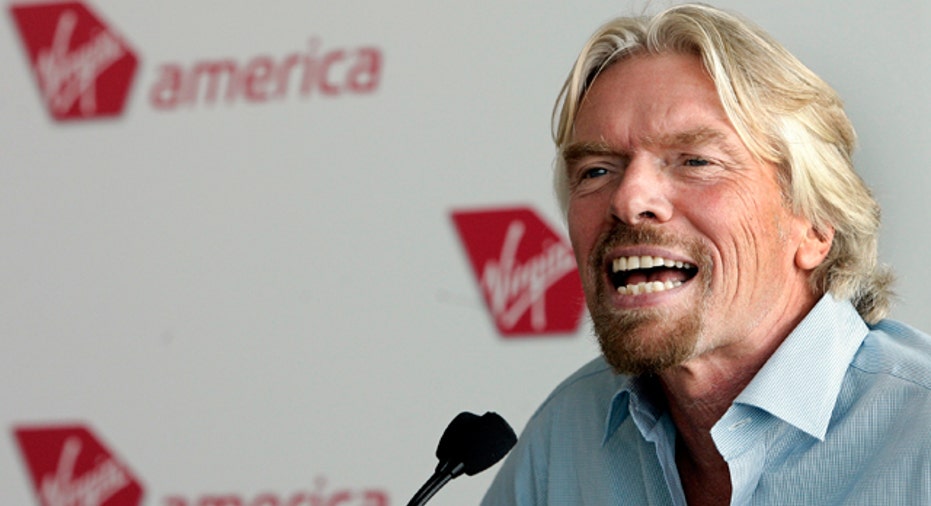NASA Flying Into Space Commercially With Virgin

We knew Virgin Galactic had hopes of using its capacious SpaceShipTwo-class reusable spaceplanes for more than just joyrides into zero-g, but NASA's new contract with the fledgling space company is a milestone for the entire business, as well as Richard Branson's wackiest venture. As Virgin notes, "this arrangement marks the first time that NASA has contracted with a commercial partner to provide flights into space on a suboribtal spacecraft."
Keep up with the latest in technology with the FOX Business Tech Facebook page.
The decision came out of NASA's Office of the Chief Technologist, source of some of the most paradigm-changing pieces of news from NASA recently, and it's technically a further step in a program that's already seen NASA technology flights on low-altitude rockets. And you can see why NASA's made the decision: Inside the 3.7 by 2.3 meter cabin of a SpaceShipTwo, plenty of scientific payloads can be hauled up Earth's gravity well to gain a precious few moments in the zero gravity of space--and there's room for flight specialists too, who can monitor and tweak the experiments in a way that wouldn't be possible on an automated low-altitude rocket.
It's not the precise, long-duration environment that the interior of the Space Shuttle offered, nor the huge size of the labs aboard the International Space Station, but it's cheap and accessible, and since the flights only last a couple of hours it's possible to fly an experiment, do the research, wait for the ship to land, tweak it or load in a modified payload, and fly it again. Which opens up whole new vistas of academic and engineering research.
Virgin Galactic, the press release notes, is often considered a "space tourism company," and it's collected some $55 million in deposits from future space tourists, but it's taking its role as a scientific lab assistant pretty seriously and has garnered assistance from the Southwest Research Institute, NanoRacks (who are already expert in sending small-scale experiments to the ISS) and a number of other spaceflight and payload integration specialists.
To a certain extent, NASA's hands were tied. In the new era of the space business, with its trademark Shuttle grounded forever and only limited access to the ISS via European, Russian, and (in several years) commercial rockets, NASA has to look for other ways to access microgravity. And though other commercial space companies make a lot of noise about their future, Virgin Galactic is the only one with a space vehicle in advanced flight test phases.
This content was originally published on FastCompany.com
 More news from Fast Company: - Adam Lisagor Is Advertising's Quietest Pitchman - Why Social Impact Investing Is A Crock - Meet Ed Jacobs, Designer Of America's Meanest Motorcycle
More news from Fast Company: - Adam Lisagor Is Advertising's Quietest Pitchman - Why Social Impact Investing Is A Crock - Meet Ed Jacobs, Designer Of America's Meanest Motorcycle



















